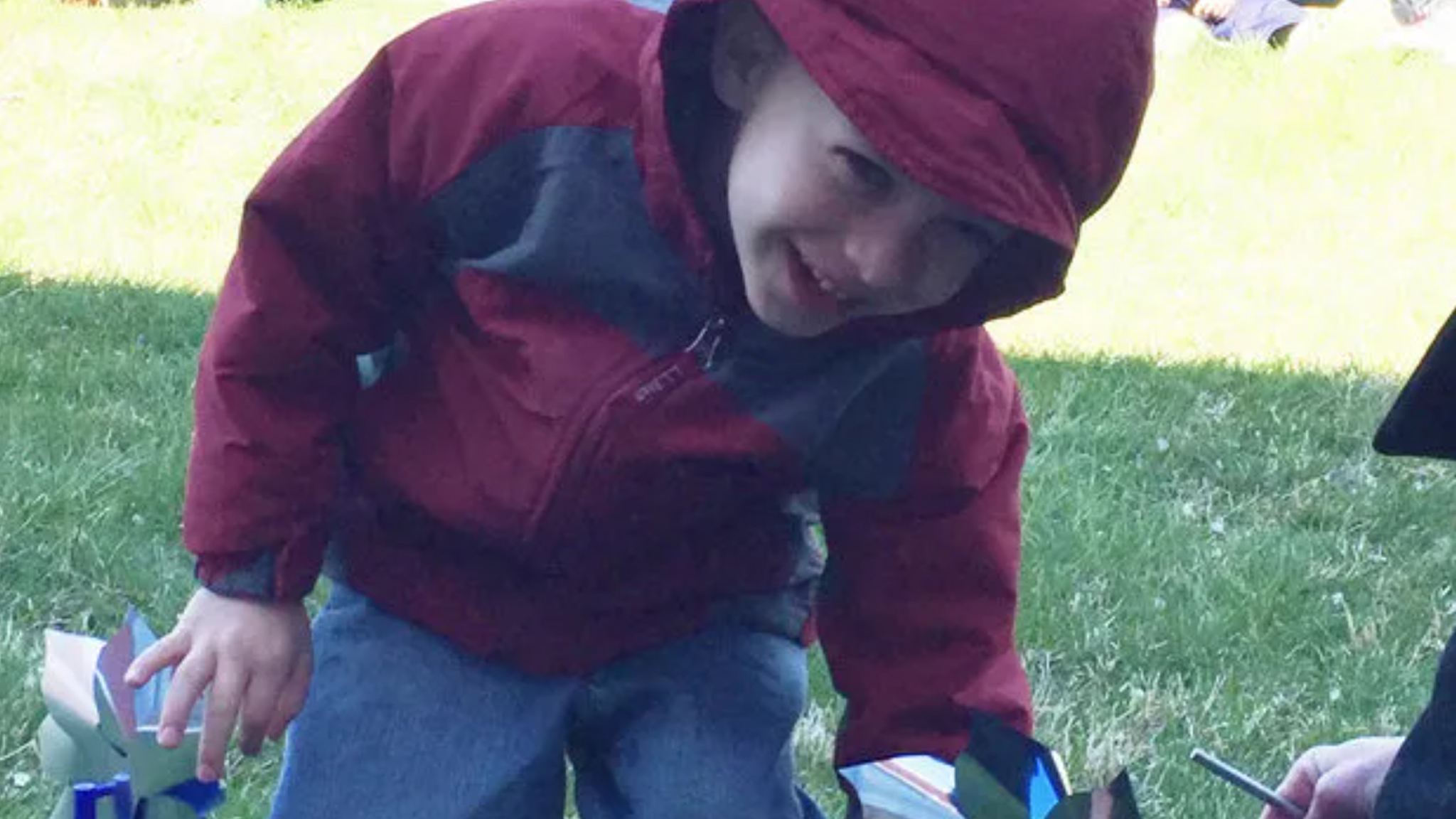April is Child Abuse Prevention Month. Parents can help keep their children safe by creating effective boundaries for all family members.
Boundaries are crucial for child safety. Children who know that their bodies, thoughts and feelings belong to them are less vulnerable to physical, sexual and emotional abuse. Children without this awareness are defenseless.
Parents frequently undermine their child’s safety and well-being by ignoring the boundaries between themselves and their children.
When parents say, “You don’t mean that” or “You shouldn’t feel that way,” the message to the child is, “You are not allowed to have your own feelings.”
When parents hit a child or otherwise cause them pain when they misbehave, the message is, “Your body doesn’t belong to you.”
When parents insist that children show affection to them or relatives when they are not comfortable doing so, the message is, “You must show affection even when you don’t want to.”
When parents ignore a closed bedroom or bathroom door and walk in without knocking, the message is, “You are not entitled to privacy.”
Children who are not aware of boundaries are vulnerable to abuse because the abuser takes advantage of this lack of protection. In fact, abusers specifically look for children who are vulnerable and avoid children with healthy boundaries.
Here are suggestions for establishing effective boundaries:
- Recognize that children are individuals and not extensions of parents.
- Maintain appropriate roles as parent and child rather than “friends.”
- Allow children to have and express their own feelings and thoughts even if you don’t share similar thoughts and feelings.
- Allow children to decide how much affection they show to others.
- Allow children to make decisions relative to their age and development, even if you prefer a different decision.
- Respect children’s need for privacy in the bathroom and bedroom.
- Teach children their body belongs to them.

